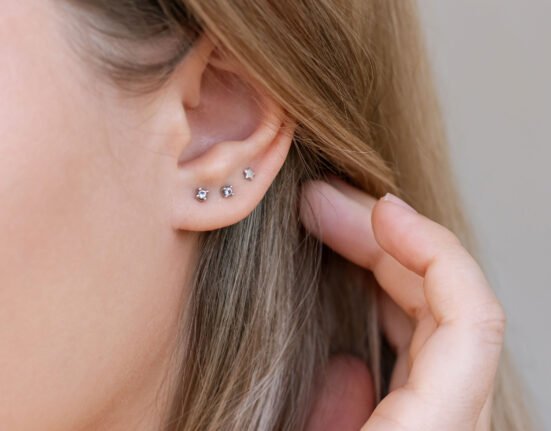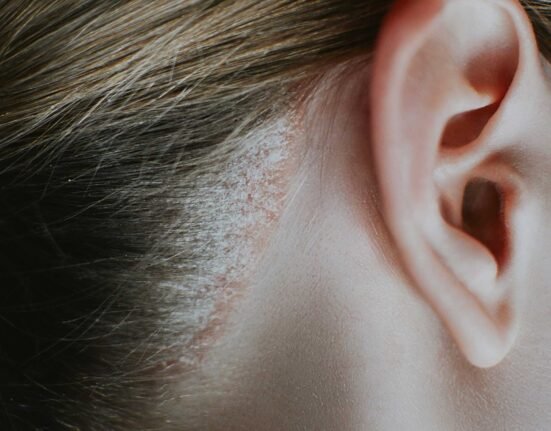Overtime can be challenging to avoid, whether it’s due to looming deadlines, night shifts, or extra hours required to meet targets.
But did you know that working overtime can take a toll on your skin?
That’s right. Your skin is one of the first organs to show signs of fatigue.
Lack of sleep, stress, and prolonged exposure to screens can all disrupt your skin’s natural rhythm.
Let’s take a closer look at how overtime affects your skin and explore ways to protect it.
How Overtime Affects Your Skin
1. Dull and Tired-Looking Skin
When you don’t get enough sleep, your skin’s natural regeneration process is disrupted.
Nighttime is when your skin does most of its repair work. Without proper rest, dead skin cells build up, leaving your complexion looking dull and lifeless.
2. Breakouts and Irritation
Stress and late nights can increase cortisol levels, which in turn lead to inflammation and an increase in oil production.
This combination makes your skin more prone to acne and irritation.
3. Dark Circles and Puffy Eyes
Lack of sleep can affect blood circulation, particularly around the eyes.
This causes the blood vessels under the skin to become more visible, creating dark circles and puffiness.
4. Premature Aging
Staying up late can speed up the appearance of fine lines and wrinkles.
That’s because collagen production — essential for firm, youthful skin — drops when you don’t get enough sleep. Blue light from screens can also worsen these effects.
How to Protect Your Skin from the Effects of Overtime

1. Prioritize Quality Sleep
Aim for 7–8 hours of sleep each night. If you have to work late, try to keep a consistent sleep schedule on other days.
Avoid caffeine before bed and dim the lights an hour before sleep to help your body wind down.
2. Use Nighttime Skincare that Supports Skin Repair
Look for ingredients like niacinamide, retinol, or peptides. All of which help improve texture and stimulate collagen production.
Don’t skip a moisturizer; it helps lock in hydration while you sleep.
3. Don’t Skip Cleansing and Sunscreen
Even if you get home late, always cleanse your face before bed to prevent clogged pores. In the morning, apply sunscreen; sun exposure, combined with blue light from screens, is a significant threat to healthy skin.
4. Eat Skin-Friendly Foods
Enhance your intake of antioxidant-rich foods, including leafy greens, fruits, and nuts.
Vitamins C and E are crucial for repairing skin damage from within.
5. Make Time for Yourself
Chronic stress can worsen skin conditions. Take a moment to relax, whether that’s through light exercise, meditation, or simply listening to music before bed.
Overtime may be unavoidable from time to time, but taking care of your skin should still be a priority.
With a healthy lifestyle, a proper skincare routine, and sufficient rest, you can stay fresh and glowing, even after long hours at work.
Take care of your skin, take care of yourself.
Because healthy skin isn’t just about looks, it reflects your body and mind’s overall balance.
References
National Library of Medicine. Accessed in 2025. The Effect of Long Working Hours and Overtime on Occupational Health: A Meta-Analysis of Evidence from 1998 to 2018.
Rasaderm. Accessed in 2025. The 9 to 5 Effect How Working Hours Influence Skin Health.














Leave feedback about this